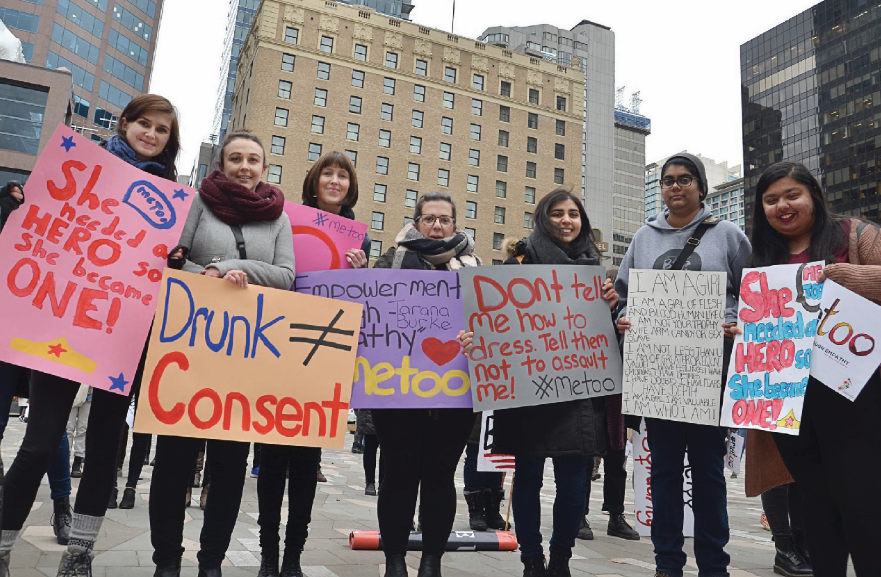
Liberatory Practices for Worlds in Crisis
This conference invites graduate student scholars, activists, and practitioners to examine what it means and has meant to survive in a world in crisis. What do we mean by crisis? How do historical experiences of crisis inform our understanding of present crises? What is the meaning and purpose of “liberatory practices” in the historical and contemporary world? How do Indigenous, feminist, queer, trans, disability or other lenses offer alternative understandings of crisis? What world is possible after a crisis? By exploring these and more questions, we hope to consider how new methods of study and care practices in our scholarship might allow us to imagine different worlds, develop resilience in a crisis-laden world, become “undisciplined” academically, and/or form more caring and collaborative communities.








